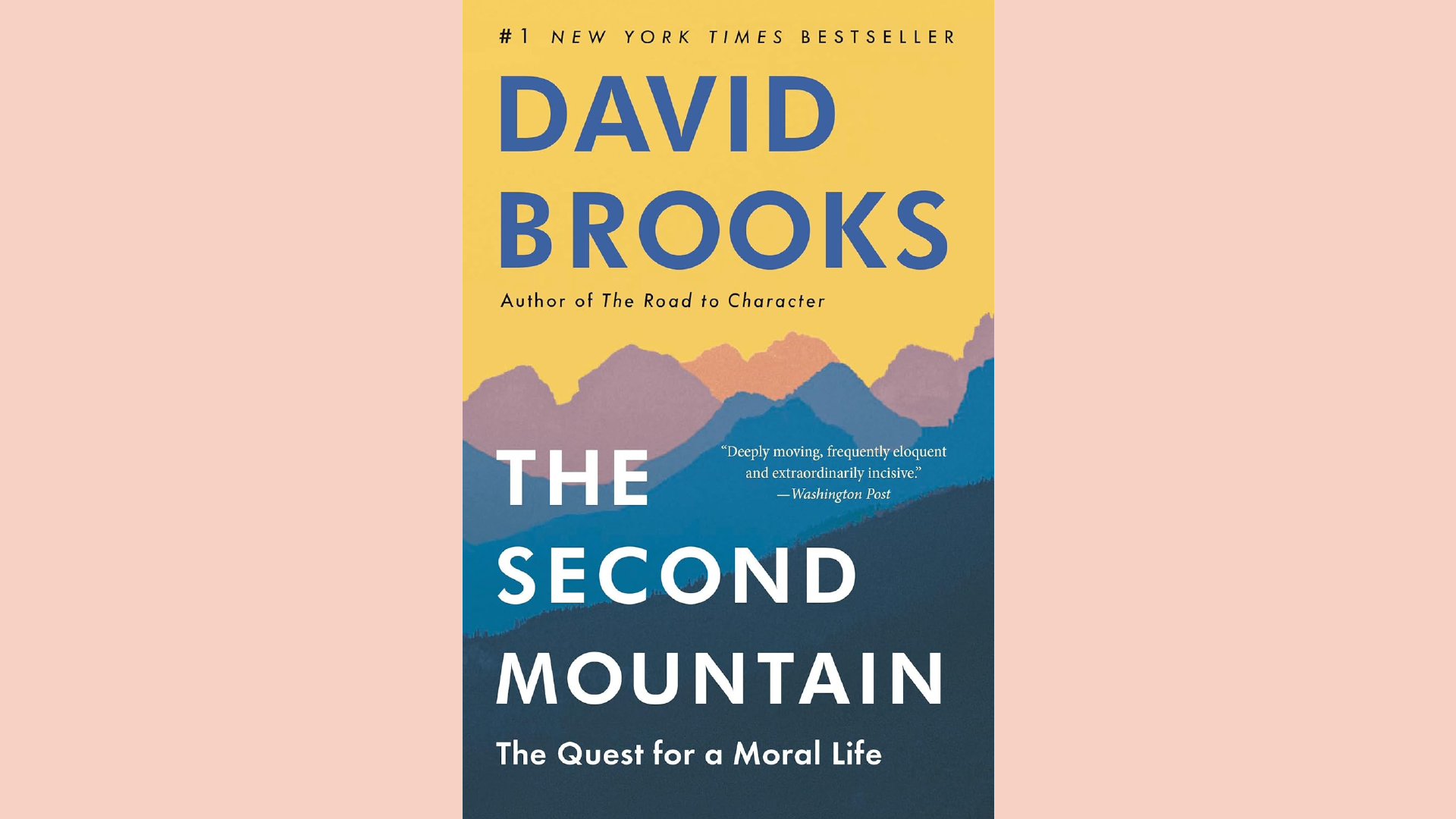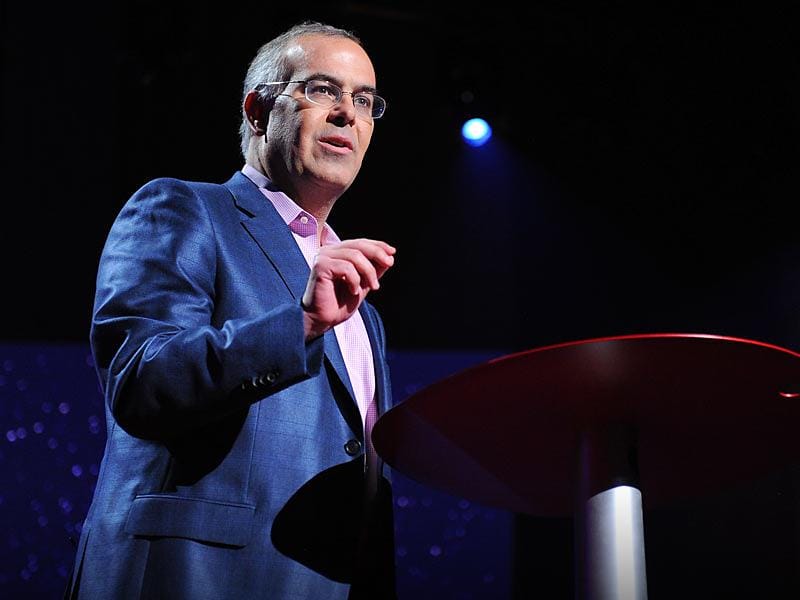Summary: The Second Mountain by David Brooks

In our pursuit of a fulfilling life, many continuously climb the first mountain—chasing career success, accumulating wealth, and achieving personal milestones. While these achievements can bring temporary satisfaction, they often leave us yearning for something more profound. David Brooks, in his insightful book "The Second Mountain: The Quest for a Moral Life," explores the journey beyond personal success toward a life of purpose, commitment, and community.
The Two Mountains
First Mountain: The Pursuit of Success
The first mountain is about building the ego and achieving external rewards. It's defined by:
- Career Milestones: Securing prestigious job titles and promotions.
- Wealth Accumulation: Striving for financial success and material possessions.
- Personal Achievements: Gaining recognition through awards, degrees, and accolades.
While these pursuits can be satisfying, they often leave a void regarding deeper fulfillment.
Second Mountain: The Quest for a Moral Life
The second mountain is about moving beyond the self. It's characterized by a shift from self-centered ambition to other-centered commitments, focusing on:
- Values and Ethics: Living a life guided by moral principles.
- Relationships and Community: Building solid and meaningful connections.
- Purpose and Service: Committing to causes that transcend personal gain.
"This book is about the deeper joys that are found on the second mountain. It's about the things that happen when you see your life as a journey of interdependence and joy." — David Brooks
The Four Commitments
1. Commitment to a Spouse and Family
- Deep Relationships: The foundation of a meaningful life lies in deep, enduring relationships with a partner and family members.
- Sacrifice and Service: True joy comes from putting the needs of loved ones before your own and finding fulfillment in their happiness and well-being.
2. Commitment to a Vocation
- Purposeful Work: Choosing work that aligns with your values and positively impacts society.
- Mastery and Passion: Engaging in a vocation that provides for your needs and brings joy and a sense of mastery.
"A vocation is not something you choose. It chooses you. When you sense it, there is no choice." — David Brooks
3. Commitment to a Philosophy or Faith
- Guiding Beliefs: Adopting a set of beliefs or a philosophy that provides direction and purpose in life.
- Moral Framework: Using these beliefs to guide your decisions and actions, ensuring they align with a higher ethical standard.
4. Commitment to a Community
- Active Engagement: Being an active, contributing member of your community.
- Collective Responsibility: Embracing the idea that our well-being is interconnected and that we are responsible for supporting and uplifting each other.
"The ultimate and most meaningful thing we can do is give ourselves away. Give our minds away in learning, our hearts away in love, our substance away in service." — David Brooks
Eulogy Virtues vs. Résumé Virtues
Brooks makes a crucial distinction between résumé virtues and eulogy virtues:
- Résumé Virtues: Skills and achievements that contribute to external success, such as degrees, job titles, and awards.
- Eulogy Virtues: Qualities that define your character and how you will be remembered, such as kindness, bravery, honesty, and faithfulness.
Focusing on eulogy virtues leads to a more fulfilling life, as these traits matter in the long run.
The Importance of Suffering
Transformation through Suffering
Suffering can be a catalyst for growth and transformation. It often forces us to reevaluate our priorities and find deeper meaning in life. Overcoming adversity builds resilience and fosters empathy and compassion for others.
"Suffering shatters the illusion of self-mastery and forces us to humble ourselves and look outside." — David Brooks
The Role of Community
Interdependence
Individualism is not enough for a fulfilling life. True happiness comes from interdependence and being part of a community. Community work strengthens the social fabric and fosters a sense of belonging.
Moral Ecology
Shared Moral Order
A society thrives on a shared moral order, which includes common values, norms, and practices that guide behavior and build social cohesion. Each person has a role in upholding and contributing to the moral ecology of their community.
Happiness and Joy
Happiness vs. Joy
- Happiness: Often linked to personal achievements and external rewards, it can be fleeting and dependent on circumstances.
- Joy: A more profound, sustained sense of well-being from relationships, community, and living by one's values.
The Relational Manifesto
Relationalism
Brooks advocates for a relational approach to life, prioritizing relationships and connections with others over individual achievements. Building covenantal relationships based on mutual commitment and trust is critical to a fulfilling life.
"Relationalism is the idea that your life is not about you. It’s about living in such a way that others can flourish." — David Brooks

About the Author: David Brooks
David Brooks is a distinguished author, commentator, and journalist renowned for his insightful analyses of culture, politics, and social sciences. He serves as an Op-Ed columnist for The New York Times and frequently comments on PBS NewsHour, NPR's All Things Considered, and NBC's Meet the Press. Brooks' career began in journalism, with notable positions at The Wall Street Journal and The Weekly Standard, where his sharp, thoughtful writing quickly gained acclaim.
Brooks is the author of several influential books, including "Bobos in Paradise: The New Upper Class and How They Got There," "The Social Animal: The Hidden Sources of Love, Character, and Achievement," and "The Road to Character." In these works, he explores themes of societal change, personal development, and moral philosophy, consistently encouraging readers to reflect on their values and the deeper meanings in life.
Brooks' work is characterized by his ability to blend narrative storytelling with rigorous social science research, offering readers a comprehensive view of the human experience. His commitment to understanding and articulating the complexities of moral and ethical life has made him a respected voice in contemporary discourse.
Through his writing and commentary, Brooks inspires individuals to look beyond conventional success and strive for a life enriched by commitment, community, and purpose.
Conclusion
Climbing the second mountain requires a shift from self-centered ambition to other-centered commitments. It's about embracing values, building meaningful relationships, and contributing to the well-being of others. By focusing on eulogy virtues, committing to a community, and finding joy in serving others, we can achieve a deeper, more fulfilling life.
Embark on this journey today and discover the profound rewards of living a life of purpose and commitment. The second mountain awaits.
Climbing the Second Mountain Questionnaire
Reflect on these questions to deepen your understanding of the themes in "The Second Mountain":
- Values and Priorities: What core values guide your life decisions? How do they align with the concept of climbing the second mountain?
- Relationships and Community: How do you invest in your relationships and community? What steps can you take to strengthen these connections?
- Purpose and Vocation: Is your current work aligned with your sense of purpose? If not, what changes can you make to pursue a more meaningful vocation?
- Suffering and Growth: Reflect on a time when you faced significant suffering. How did it transform your perspective and contribute to your personal growth?
- Legacy and Eulogy Virtues: How do you want to be remembered by others? What virtues must you cultivate to leave a lasting, positive impact on those around you?
Use these questions as a starting point for your journey up the second mountain, and embrace the more profound joys and fulfillment of living a life of purpose and commitment.
